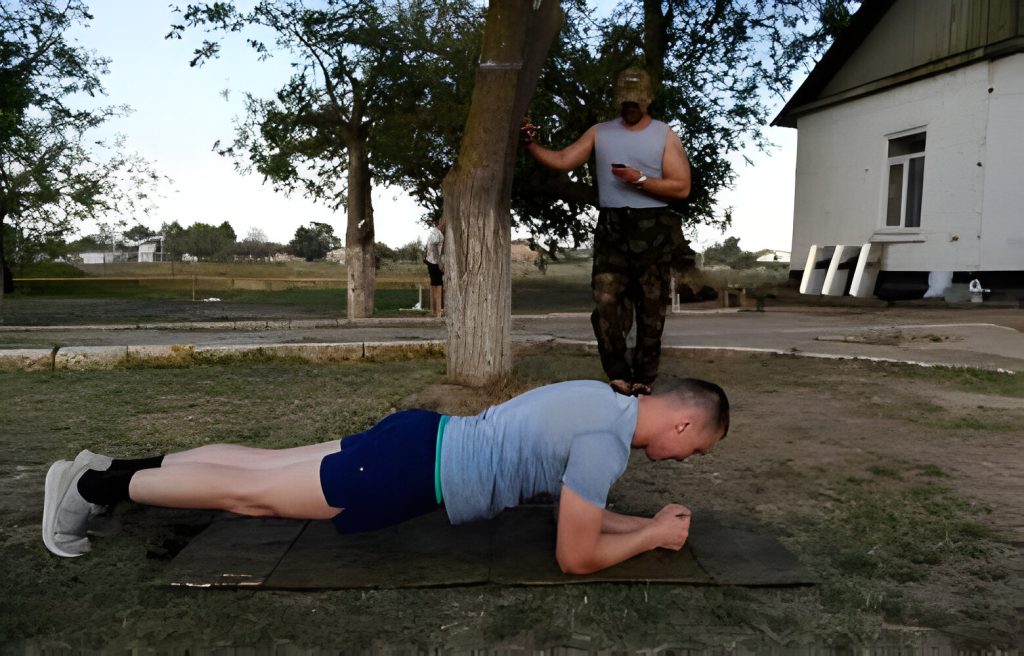POPAT (Peace Officers Physical Abilities Test) | Prep Guide

The POPAT (Peace Officers Physical Abilities Test) is a job-related physical exam used by law enforcement agencies in the United States to assess the physical readiness of applicants and recruits. This comprehensive assessment evaluates an individual’s strength, endurance, agility, and overall fitness, ensuring they meet the rigorous physical demands of a career in law enforcement.
Key Takeaways
- The POPAT is a comprehensive physical assessment designed to evaluate an individual’s fitness for a career in law enforcement.
- It consists of a series of job-related tasks and exercises that simulate the physical demands of police work, including strength, endurance, agility, and speed.
- Preparing for the POPAT requires a targeted physical training regimen and mental preparation strategies to excel on the assessment.
- Successful completion of the POPAT is a crucial step in the law enforcement hiring process, ensuring candidates meet the physical requirements for the job.
- Agencies use the POPAT to assess the physical readiness of both applicants and recruits, ensuring they are equipped to handle the rigors of the job.
Free POPAT Practice Test Online
Understanding the POPAT (Peace Officers Physical Abilities Test)
The POPAT (Peace Officers Physical Abilities Test) is a comprehensive physical assessment designed to evaluate an individual’s fitness and readiness for a career in law enforcement. The test consists of a series of job-related tasks and exercises that simulate the physical demands of police work, including strength, endurance, agility, and speed.
What is the POPAT?
The POPAT, or Peace Officers Physical Abilities Test, is a standardized physical assessment used by law enforcement agencies across the United States to evaluate the physical fitness of police officer applicants and recruits. The test is designed to measure an individual’s ability to perform the essential physical functions required for the job, such as running, climbing, lifting, and carrying.
Why is the POPAT Important?
The POPAT is a critical component of the law enforcement hiring process, as it ensures that all applicants and recruits possess the necessary physical capabilities to perform the duties of a police officer. By assessing an individual’s strength, endurance, agility, and overall fitness, the POPAT helps to identify candidates who are best suited for the physically demanding nature of police work. Passing the POPAT is often a prerequisite for advancing to further stages of the hiring process and entering the police academy.
Who Needs to Take the POPAT?
Anyone interested in pursuing a career in law enforcement, including police officer applicants and recruits, must typically complete the POPAT as part of the hiring and training process. The test is administered by the hiring agency or the police academy, and passing the POPAT is a mandatory requirement for those seeking to join the law enforcement profession.

Preparing for the POPAT (Peace Officers Physical Abilities Test)
Preparing for the POPAT (Peace Officers Physical Abilities Test) requires a comprehensive approach that addresses both physical and mental aspects of the assessment. Developing a targeted physical training regimen is essential to building the strength, endurance, and agility necessary to excel on the POPAT.
Physical Training Regimen
To prepare for the POPAT, individuals should focus on a well-rounded fitness program that incorporates strength training, cardiovascular exercises, and agility drills. This may include activities such as weightlifting, running, plyometrics, and obstacle course training to simulate the physical demands of law enforcement work. Consistent practice of these exercises can help improve overall physical readiness and enhance performance on the POPAT.
Nutrition and Hydration Tips
Proper nutrition and hydration play a critical role in POPAT preparation. Eating a balanced diet rich in lean proteins, complex carbohydrates, and healthy fats can help fuel the body for the physical demands of the test. Staying hydrated by drinking plenty of water before, during, and after training is also essential to optimizing physical performance and recovery.
Mental Preparation Strategies
In addition to physical preparation, mental readiness is crucial for success on the POPAT. Developing a positive mindset, visualizing successful completion of the test, and practicing stress-management techniques can help individuals approach the assessment with confidence and resilience. Seeking guidance from experienced instructors or mentors in the law enforcement field can also provide valuable insights and support during the preparation process.
FAQ
What is the POPAT (Peace Officers Physical Abilities Test)?
Why is the POPAT important?
